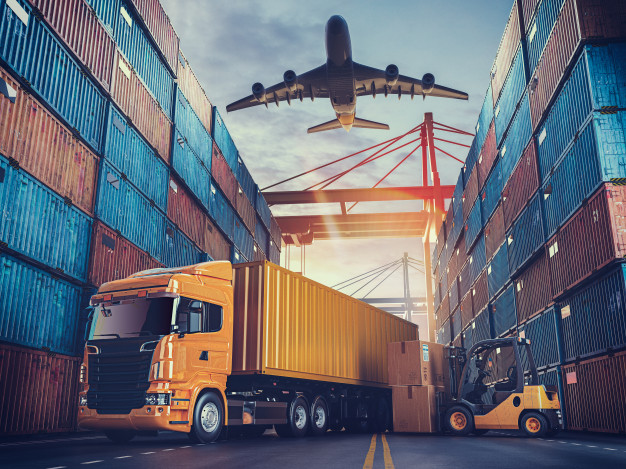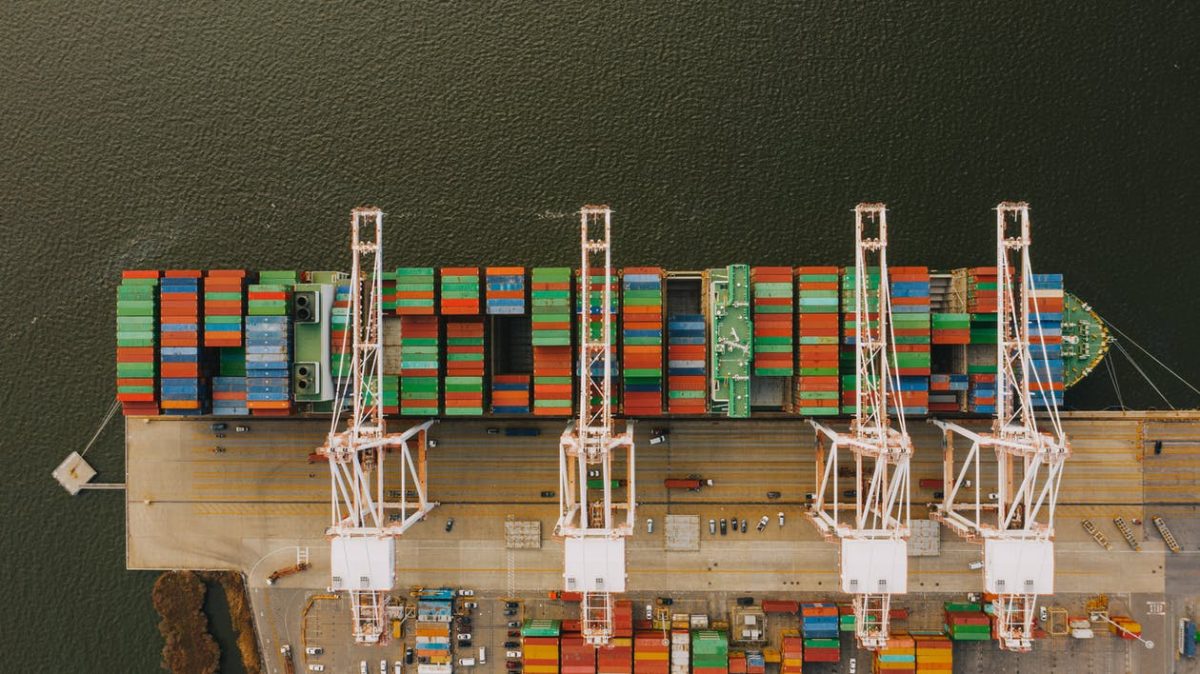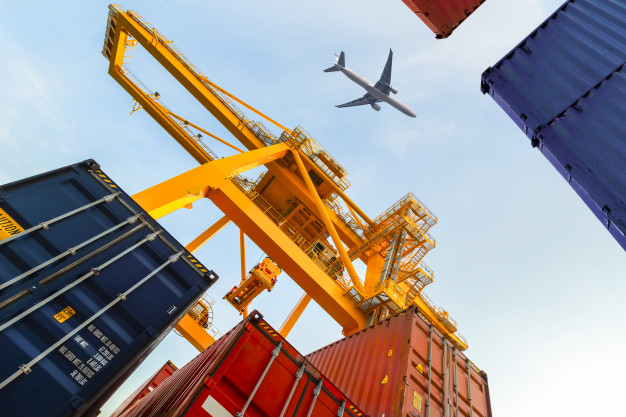Why Freight Shipping is Important in the Philippine Transportation Industry?

Freight shipping is the term used to describe the practice of transporting commodities, cargo, and goods via land, air, or sea. Being an archipelagic country, freight shipping plays a major role to the Philippine economy. With thousands of islands trading different products that keep the economy intact, the importance of freight shipping become even stronger especially for the transportation industry.
In this article, we have gathered some information regarding the essence of freight shipping in the context of transportation:
Freight Shipping: One of the Oldest Industries
Freight shipping is known to be one of the oldest industries in the world, entering the Philippines for as early as the pre-colonial period. During this time (around mid-16th century), the islands were already populated with trade routes used by merchants selling products from China, India, and other Southeast Asian countries. As time goes by, with the advancements in the field of technology, freight shipping in the Philippines continued to grow together with the rising demands of products that are only available in certain regions of the country. Thus, with the arrival of the colonizers, Filipinos continued to take advantage of utilizing freight shipping as a primary method of trading from one place to another.
Facts that You Need to Know About the Impact of Freight Shipping
Few people have a grasp of how freight shipping affects the world, let alone the transportation industry in the Philippines. To help you understand the impact of freight shipping, take a look at the following facts that are just outright interesting:
- The Philippines is slowly establishing a global reputation as one of the leading ship producers. In 2010, the country was hailed as the fourth-largest producer of ships in the world.
- According to a 2017 review of the local maritime industry, Philippines have a 4.2 market share in container ships, which makes it on par with other world-class ship producers such as China, South Korea, and Japan.
- Several data suggested that the Philippines is a potential competitor for global container shipping services.
- The top trading partners of the Philippines are as follows: Australia, India, Vietnam, Taiwan, Malaysia, Singapore, Thailand, and South Korea.
- In 2016 the nation registered a +4.6 growth rate in the national fleet. Most of it consists of carriers, general cargo, and container ships.
Hurdles that Businesses must Overcome in Freight Shipping
Given the significance of freight shipping in the Philippines, businesses especially those that are still new to the industry must be able to have an in-depth understanding of how specific systems work in order for them to be successful. This involves having knowledge in the overall process of shipping, which can be quite a challenge even for the seasoned ones.
If you own a business that is aiming for reaching greater number of customers across country borders, you will need professional help to guide you all the way through the requirements. In these case, hiring freight forwarders and customs brokers is the most ideal solution.
Excelsior Worldwide Freight Logistics conducts free orientation for those who are willing to learn. It is our advocacy to share our knowledge & experience worth more than a decade in the business. Visit our website today at www.excelsior.ph to learn more about our service.
Sources:
- https://www.freightquote.com/define/what-is-freight-shipping/
- https://blog.greencarrier.com/the-importance-of-shipping-in-the-transportation-industry/
- https://www.manilatimes.net/2018/04/03/business/maritime-business/philippines-role-in-the-global-shipping-sector/390094/
- https://www.maritimeheritage.org/ports/philippines.html



